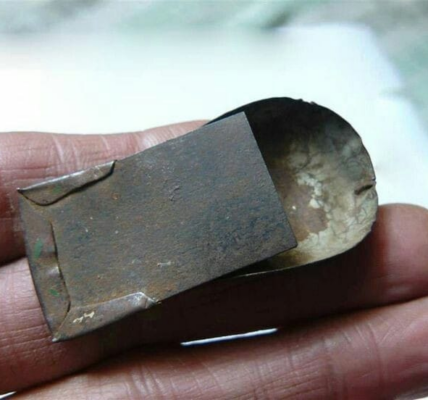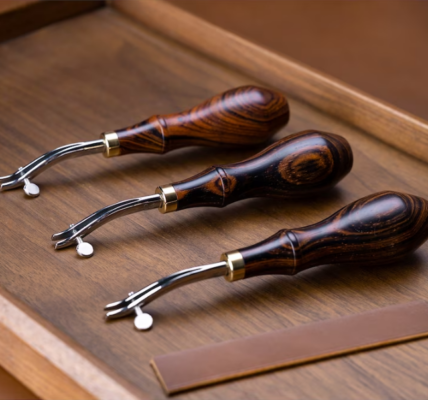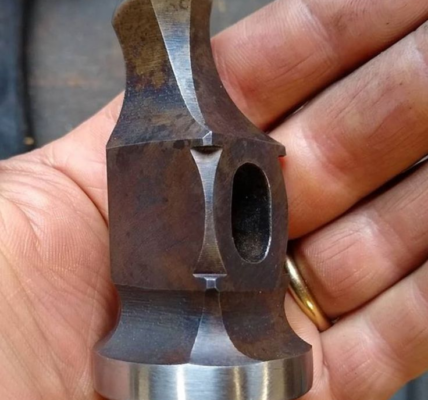Does This Bring Back Memories? If It Does, You’re Definitely No Stranger To Its Charm – Learn More About Its Origins!-s1
In a world where technology advances at a dizzying pace, it’s easy to overlook the simpler, yet significant tools that once played pivotal roles in our daily lives. One such item is the vintage 45 RPM hole adapter. This small, often overlooked plastic disc may not seem like much at first glance, but it represents a rich history of music listening and vinyl culture that is worth exploring. Join me as we dive into the nostalgia of the past, reflect on how this simple tool became essential for music lovers, and uncover the fascinating stories behind the vintage 45 RPM hole adapter.
The Birth of the 45 RPM Record
Before the 45 RPM record adapter came into existence, there was a practical issue for vinyl enthusiasts. Most turntables were designed to play records with a smaller spindle hole, typically the 33 1/3 RPM LP records. But in the mid-1940s, the 45 RPM record format was introduced by RCA Victor, boasting a smaller size and a single song on each side, a format that appealed to many music listeners who wanted something quick, portable, and affordable.
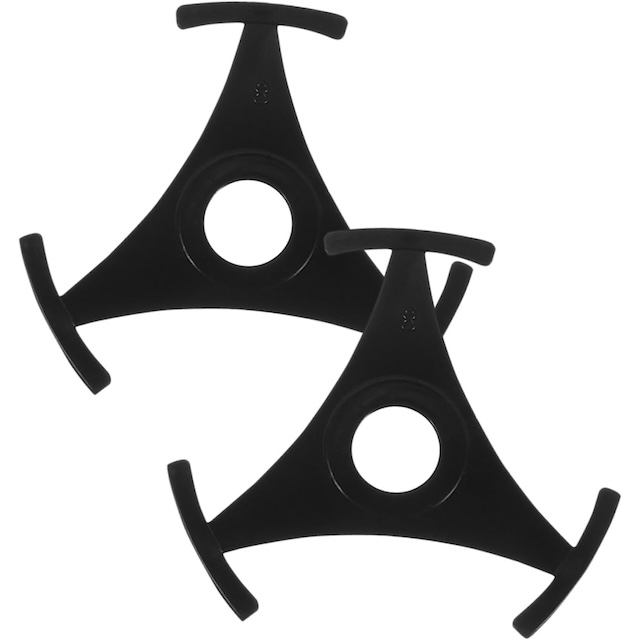
However, there was one significant issue: the larger hole in the center of 45 RPM records. While these records were designed for portable jukeboxes and players that had a larger spindle, home turntables had a smaller spindle, making it impossible to play a 45 RPM record without an adapter. This is where the vintage 45 RPM hole adapter came in.
The Rise of the Vintage 45 RPM Hole Adapter
The vintage 45 RPM hole adapter was born out of necessity. It was a small, often plastic or metal, disc with a central hole and three prongs that fit perfectly into the larger spindle hole of a 45 RPM record. By inserting this simple device, the 45 RPM record would securely fit on a standard turntable spindle, making it easy for users to enjoy their music without any issues.
The adapters were lightweight and portable, making them easy to store in a record collection or alongside the turntable itself. They were inexpensive to manufacture, which is why they were so widely available and found in almost every home with a turntable during the 1950s, 60s, and 70s.
The Everyday Essential
Back in the day, if you were a fan of vinyl, a vintage 45 RPM hole adapter was not just useful—it was essential. It was something that every household with a record player had. Imagine trying to enjoy your favorite rock and roll hits, or that latest pop single, only to find that your record wouldn’t fit properly. The frustration would be unbearable!
Music lovers would often purchase their favorite 45 RPM singles from record stores, and many would come home only to realize they didn’t have the right equipment to play them. So, the vintage 45 RPM hole adapter became a staple in any music collection. Whether you were hosting a party or simply enjoying a quiet evening with your records, the adapter was always at hand, ready to make your music experience smooth and effortless.
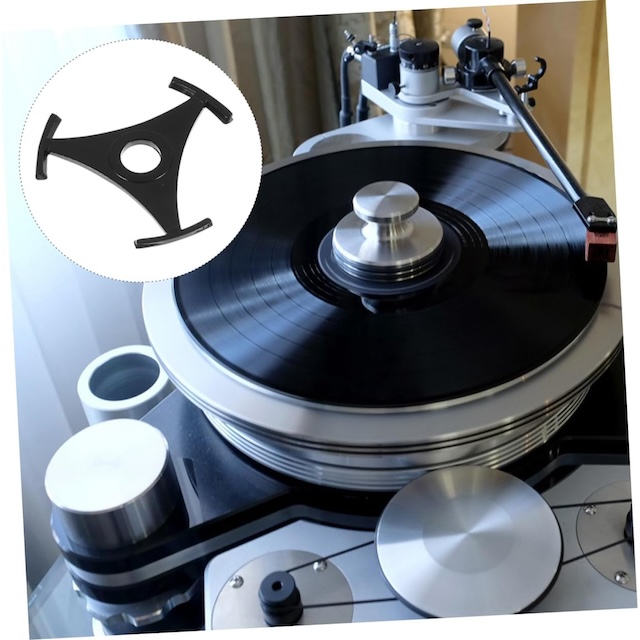
The Adapter’s Role in the Record Industry’s Golden Age
The vintage 45 RPM hole adapter didn’t just serve as a practical solution—it also helped fuel the growth of the music industry during its golden age. The 45 RPM format allowed music to become more accessible to the masses, offering singles that people could buy and enjoy without committing to a full album. The adapter enabled a seamless listening experience for people who didn’t own specialized jukeboxes or higher-end equipment.
As a result, the 45 RPM record became the go-to format for single releases, especially during the 1950s and 60s. Artists like Elvis Presley, The Beatles, Chuck Berry, and many others released hit songs on 45 RPM records, making the format the heart of popular music. Whether you were dancing at a sock hop or enjoying a quiet evening at home, the vintage 45 RPM hole adapter was there, making sure you could listen to these legendary hits on your turntable.
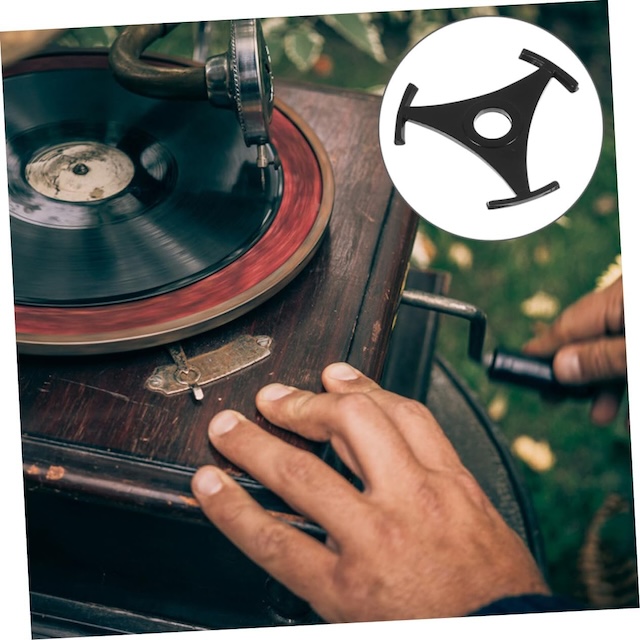
Fun Facts and Interesting Stories
- Design Variations: The vintage 45 RPM hole adapter came in various designs over the years. Some were simple black plastic discs, while others had more decorative elements. There were even adapters with metal finishes that appealed to collectors.
- Record Store Freebies: Many record stores gave away free adapters with the purchase of a 45 RPM single. These were often branded with the store’s logo, making them collectible items for music enthusiasts. It wasn’t uncommon for someone to collect several adapters over the years, each one representing a different store or brand.
- The Collector’s Item: Today, the vintage 45 RPM hole adapter has become a nostalgic item for collectors. Many people enjoy seeking out original adapters from vintage record collections, often finding them in thrift stores, estate sales, or online auctions. They’re a reminder of a time when vinyl records ruled the music world.
- Cultural Impact: The introduction of the vintage 45 RPM hole adapter was a game-changer for music lovers. Not only did it make playing 45 RPM records easier, but it also contributed to the widespread use of vinyl records in households across the globe, giving rise to an entire culture centered around vinyl music, from collecting records to attending live shows and radio stations playing the latest hits.
The Decline of the Vintage 45 RPM Hole Adapter
As technology advanced, the vintage 45 RPM hole adapter became less necessary. In the 1980s, turntables and stereos with larger spindles began to phase out, and newer systems no longer required the adapter. As digital music formats like CDs and tapes took over, the demand for vinyl records and the associated accessories, such as the vintage 45 RPM hole adapter, began to dwindle.
However, even with the rise of digital music, vinyl has experienced a resurgence in popularity in recent years. Vinyl records have found a place in the hearts of collectors, DJs, and audiophiles who appreciate the warmth and nostalgia of analog sound. While modern turntables might no longer require the use of the vintage 45 RPM hole adapter, many people still hold onto their old record players and the small, often overlooked adapter that made it all possible.
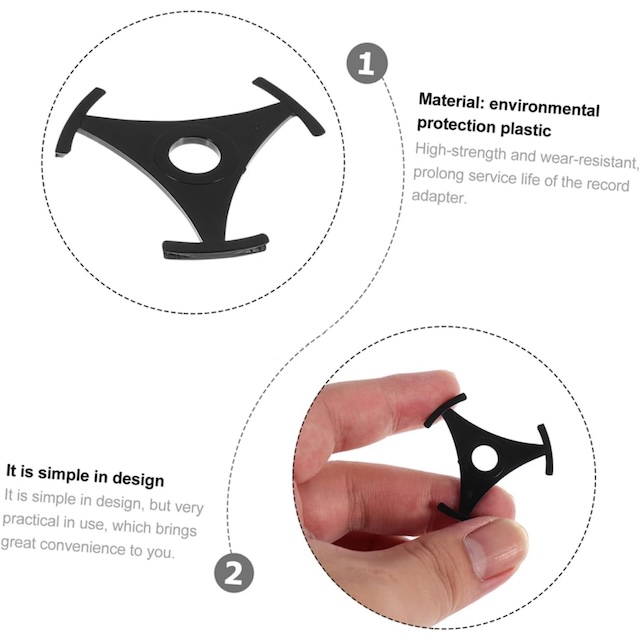
Conclusion
The vintage 45 RPM hole adapter may seem like a small and simple tool, but its role in the history of vinyl records cannot be understated. It was an essential part of the music experience during the heyday of 45 RPM records. Whether you were a casual listener or a devoted collector, this little adapter made your love for music come to life in a way that no other device could.
Today, it’s a reminder of a time when music was experienced in a more tactile, physical way. The vintage 45 RPM hole adapter will always hold a special place in the hearts of those who remember the golden days of vinyl records, and it will continue to serve as a nostalgic relic for collectors and music enthusiasts alike.

